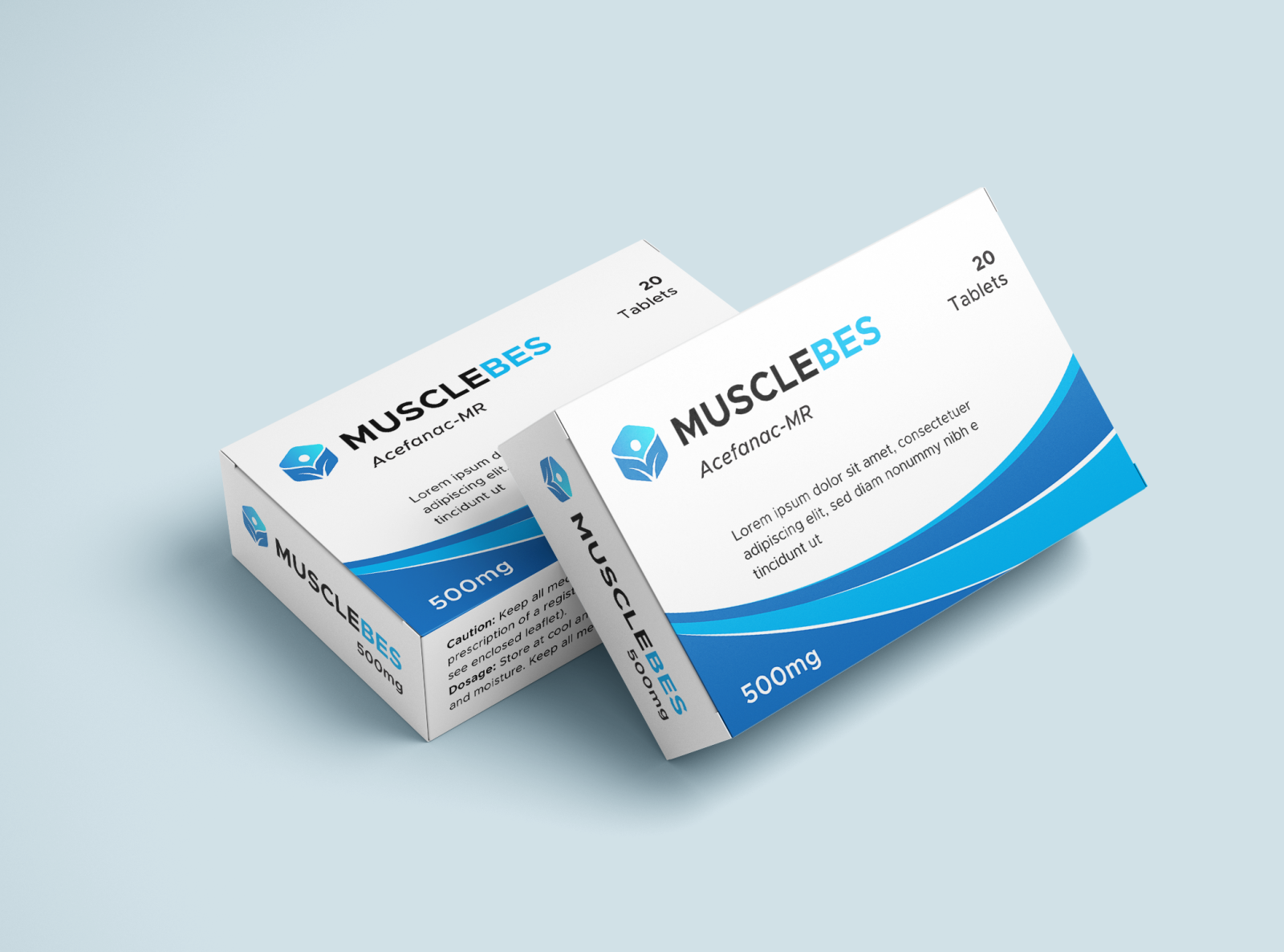- All
- Product Name
- Product Keyword
- Product Model
- Product Summary
- Product Description
- Multi Field Search
Views: 197 Author: XianDa Publish Time: 2024-12-05 Origin: Site

Content Menu
● Do We Need a Medicine Box for the Bathroom?
>> The Importance of a Medicine Box
>> Pros and Cons of Bathroom Medicine Boxes
>>> Pros
>>> Cons
>> Organizing Your Medicine Box
>> Alternatives to Bathroom Storage
>> The Role of Technology in Medication Management
>> Best Practices for Medication Safety
>> Conclusion
The presence of a medicine box or cabinet in the bathroom is often a topic of discussion among homeowners and health enthusiasts. With the increasing importance of organized living and health management, understanding the necessity of a medicine box in the bathroom can help streamline daily routines and ensure that essential medications and health supplies are easily accessible. This article delves into the various aspects of having a medicine box in the bathroom, including its benefits, organization tips, and considerations for placement.


A medicine box serves as a centralized location for storing medications, first aid supplies, and other health-related items. Here are some compelling reasons why having one in your bathroom can be beneficial:
- Accessibility: Having a medicine box in the bathroom allows for quick access to medications when needed, especially during morning and evening routines.
- Organization: A designated space helps keep medications organized, reducing the time spent searching for items when they are needed most.
- Safety: Storing medications out of reach of children or pets can prevent accidental ingestion.
- Hygiene: Bathrooms often have facilities like sinks, making it easier to take medications with water.
When considering whether to place a medicine box in the bathroom, it's essential to weigh the pros and cons.
- Convenient Access: Medications are close at hand when you need them.
- Temperature Management: Bathrooms generally maintain a consistent temperature which can be beneficial for certain medications.
- Integration with Daily Routines: Placing your medicine where you start and end your day reinforces medication adherence.
- Humidity Concerns: Bathrooms can be humid environments that may affect some medications' efficacy over time.
- Space Limitations: Smaller bathrooms may not have sufficient space for an additional cabinet or box.
To maximize the effectiveness of your medicine box, organization is key. Here are some tips:
1. Declutter Regularly: Periodically check for expired medications or items that are no longer needed. Dispose of them safely according to local regulations.
2. Categorize Items: Group similar items together—medications, first aid supplies, creams, etc. This makes it easier to find what you need quickly.
3. Use Clear Containers: Transparent containers allow you to see what's inside at a glance without rummaging through everything.
4. Label Everything: Clear labels help identify contents quickly, especially in emergencies.
5. Keep It High and Dry: If possible, store your medicine box in a cabinet that is less prone to moisture exposure.
6. Consider Childproofing: If you have children at home, consider using childproof locks on cabinets or boxes to ensure safety.
While many prefer keeping their medicine boxes in the bathroom, there are alternatives worth considering:
- Kitchen Storage: The kitchen can be an excellent alternative due to its typically lower humidity levels compared to bathrooms. It also provides easy access to water for taking medications.
- Bedroom Storage: For those who take medications at night or first thing in the morning, keeping a small medicine box in the bedroom might be more convenient.
- Living Room or Office Storage: If you have chronic conditions requiring frequent medication intake throughout the day, having a small stash in commonly used areas can improve adherence.
To enhance understanding and provide practical guidance on setting up a medicine box, consider utilizing visual aids such as:
- Infographics on Organization Tips: These can outline best practices for categorizing and storing items within your medicine box effectively.
- Videos on DIY Medicine Cabinet Installation: Tutorials can guide you through installing a new cabinet if you're considering expanding your storage options. A popular video tutorial demonstrates how to install a recessed medicine cabinet efficiently.
In today's digital age, technology plays an increasingly vital role in managing medications. Here are some ways technology can complement your physical medicine box:
- Medication Reminder Apps: These apps send notifications when it's time to take medication, helping ensure adherence even if you forget your routine.
- Digital Inventory Management: Some apps allow you to track what medications you have on hand and alert you when it's time to refill prescriptions or dispose of expired items.
- Telehealth Services: Online consultations with healthcare providers can help manage prescriptions more effectively without needing frequent visits to clinics or hospitals.
Ensuring medication safety is paramount. Here are several best practices:
1. Read Labels Carefully: Always read medication labels thoroughly before taking any medication to understand dosage instructions and potential side effects.
2. Keep Medications in Original Containers: This helps maintain proper labeling and reduces confusion about what each medication is for.
3. Store Medications Properly: Follow storage instructions on labels (e.g., some may require refrigeration), and avoid storing them in places with extreme temperatures or humidity levels.
4. Educate Family Members: Ensure that all family members know where medications are stored and understand basic information about their use and safety precautions.
5. Regularly Review Medications with Healthcare Providers: Schedule periodic reviews with your doctor or pharmacist to assess ongoing medication needs and adjust as necessary based on health changes or new prescriptions.
1. Should I keep my medicine cabinet in the bathroom?
- Both bathrooms and kitchens are suitable locations; choose based on accessibility and humidity concerns.
2. How often should I check my medicine box?
- Aim to check every six months to remove expired items and reassess needs.
3. What types of items should I store in my medicine box?
- Include prescription medications, over-the-counter drugs, first aid supplies, and any necessary medical devices.
4. Can humidity affect my medications?
- Yes, high humidity can degrade certain medications; consider alternative storage if your bathroom is particularly humid.
5. What's the best way to organize my medicine box?
- Use clear containers, label items clearly, and categorize similar products together for easy access.
6. How do I dispose of expired medications safely?
- Many pharmacies offer take-back programs; alternatively, follow local guidelines for disposal by mixing with an undesirable substance (like coffee grounds) before throwing it away.
7. Are there specific medications that shouldn't be stored in bathrooms?
- Yes, certain medications like insulin or those requiring refrigeration should not be stored in bathrooms due to temperature fluctuations; consult your pharmacist for specific advice on storage conditions for each medication type.
8. What should I do if I accidentally take too much medication?
- Contact poison control or seek immediate medical attention if an overdose is suspected; always keep emergency contact numbers readily available near your medicine box.
In conclusion, having a medicine box in your bathroom can significantly enhance your ability to manage health needs effectively. By ensuring easy access to essential items while maintaining organization, you can create an environment conducive to health management. Whether you choose to place your medicine box in the bathroom or consider alternatives like the kitchen or bedroom depends on your specific needs and living situation.